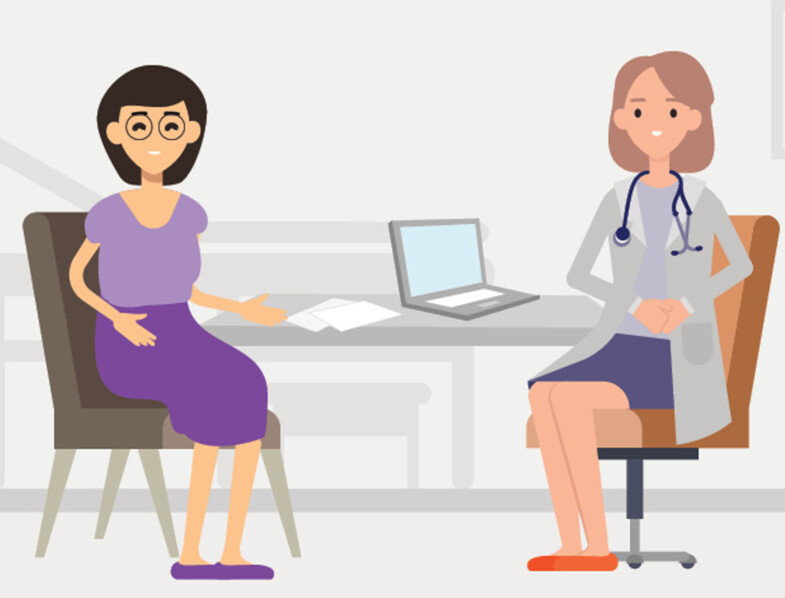Cancer Council WA are launching a campaign to coincide with National Cervical Cancer Awareness Week (13-19 November) to remind women and people with a cervix about the importance of being up to date with their cervical screening.
Cancer Council WA Cancer Education and Screening Manager, Melissa Treby, said getting a Cervical Screening Test every five years was the best protection against cervical cancer.
“Cervical screening can prevent the development of cervical cancer by detecting HPV early before it has the chance to cause cell changes which may lead to cervical cancer,” Ms Treby said.
“We know one of the best ways to prevent cervical cancer is regular screening. Most people who develop cervical cancer have either never screened or do not screen regularly.”
Ms Treby said people have the choice to collect their own sample (self-collection) to test for the HPV virus or can opt for a clinician collected sample.
“Self-collection allows screening participants to take their own vaginal sample for HPV testing; this option is also accessed through a healthcare provider,” she said.
“Access to self-collection has the potential to mitigate some of the cultural and personal barriers that may discourage some people from screening.
“Both the self-collected or clinician collected options are accurate, safe and effective ways to participate in cervical screening, so we encourage women and people with a cervix aged 25-74 to talk to their healthcare provider about which option is best for them.”
A campaign will run across digital and radio platforms from 6 to 19 November using funds received from the WA Cervical Cancer Prevention Program.
Who is eligible?
You should get a Cervical Screening Test every five years if you:
- are aged between 25 and 74
- have had any type of sexual contact (with any person, even of the same gender)
- are a woman / person with a cervix.
You should get a test even if you:
- have had the HPV vaccine
- are not currently sexually active
- have had the same partner for a long time or only had one partner
- those who identify as LGBTIQ+
- are pregnant
- have been through menopause
- feel healthy and have no symptoms.
Find out more
- For more information visit the At Your Cervix website atyourcervix.org.au
- More information about the campaign can be found here
- Contact your chosen healthcare provider to arrange your Cervical Screening Test
- For cancer support and information get in touch with our specially trained staff
- Visit our website for more information on all cancer screening programs and early cancer diagnosis

